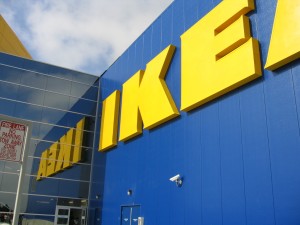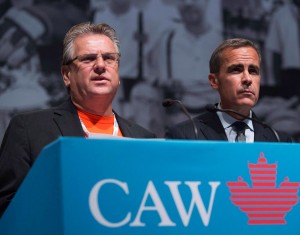What’s more exciting than Black Friday this time of the year?
This year, Wal-Mart has decided to  go about the popular Black Friday a different way: by announcing the deals on Thursday, Thanksgiving Day at 8 p.m. This is the earliest Wal-Mart has ever revealed its deals, compared to the 10 p.m. last year. This decision was apparently made in response to the customer feedbacks of wanting to shop earlier. According to Duncan MacNaughton, Wal-Mart’s chief merchandising officer, this year’s deals will be “some of the most aggressive” the retailer has ever had.
go about the popular Black Friday a different way: by announcing the deals on Thursday, Thanksgiving Day at 8 p.m. This is the earliest Wal-Mart has ever revealed its deals, compared to the 10 p.m. last year. This decision was apparently made in response to the customer feedbacks of wanting to shop earlier. According to Duncan MacNaughton, Wal-Mart’s chief merchandising officer, this year’s deals will be “some of the most aggressive” the retailer has ever had.
Black Friday has always been the craziest shopping day in the United States history. Conflicts regarding customers not being able to purchase their desired goods have happened more than enough. As the lineup is often formed a day, or even two days before the actual Black Friday opening, Wal-Mart is smart by releasing the deals earlier than others. This way, customers can not only preview the deals earlier and have more time to decide what to purchase, but also let them shop and go to bed earlier. Wal-Mart has made a smart move this time, and whether it will be successful or not will be shown after Black Friday.
http://money.cnn.com/2012/11/08/news/companies/walmart-black-friday-deals/index.html?iid=HP_MP_River








